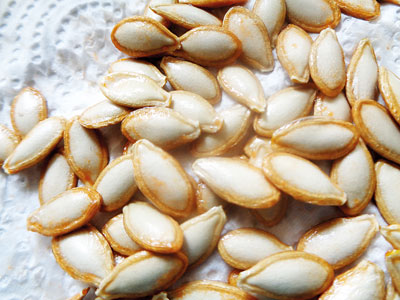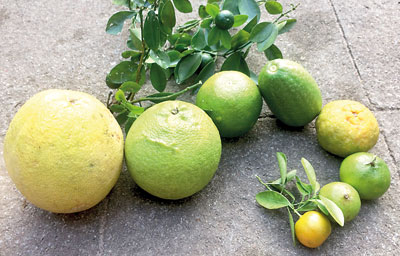Build up that essential Collagen
Collagen is the protein that gives skin its structure and suppleness and is best known for keeping our skin firm and youthful. It keeps our joints moving smoothly and is also found in hair, nails and intestinal tissue. Our body produces collagen but as we age the natural collagen production declines and this results in symptoms such as joint pain, wrinkles, digestive issues and decreased cartilage.
Toxins, environmental pollutants, excessive sun exposure, smoking, a diet high in refined sugar and fried foods also destroy our natural collagen.
Fortunately, there are methods that can help boost collagen. Using a supplement is perhaps the easiest way to kick up levels.
However, if you are wondering how to naturally boost collagen levels in your body, adding foods high in collagen, proline and elastin (a type of protein found in connective tissue) to your diet will help.
An essential cofactor for collagen biosynthesis is vitamin C (ascorbic acid) while nutrients such as zinc and copper aid the collagen production process.
Bone broth
Bone broth is made by slow-cooking bones, tendons, ligaments and cartilage of healthy animals. It actually contains a bio-available form of collagen your body can use right away. Chicken bones being less dense than beef bones contain less collagen. Bone broth is commonly used as a base for soups but can also be used when cooking rice or in a savoury oatmeal or creatively in a latte.
Gelatin
Gelatin is the cooked form of collagen that contains the beneficial amino acids of collagen, which is why it is considered one of the top collagen-rich foods. Used in desserts, candies and marshmallows, gelatin has great culinary uses. You can add to it sauces and soups for thickening and to stews or even to a smoothie.
Eggs
Egg whites contain glycine and proline, which are the main amino acids that make up collagen. Eggs also contain sulphur, a trace mineral required for collagen production. Don’t pass up on the yolk in chicken eggs as they contain collagen. Eggs can be used in a multitude of ways, so include them in your diet.
Leafy greens
Loaded with vitamin C, leafy green vegetables like spinach, kale, bok choy and arugula are some of the top foods that promote collagen synthesis in the body.
Not only does vitamin C act as an antioxidant to protect against free radical damage, but is also required for the production of collagen while also playing a powerful role in preventing collagen breakdown.

Pumpkin seeds
Pumpkin seeds are incredibly nutrient-dense and one of the richest plant sources of zinc, thus one of the best collagen-boosting foods. Zinc also supports skin health. Other plant-based sources of zinc include kidney beans, spinach, garbanzo beans, walnuts, cashews, and almonds.

Citrus fruits
Citrus fruits, such as lemon, limes, oranges and grapefruit are especially high in vitamin C that helps “link” the amino acids that are needed to form collagen together. This makes it an essential nutrient in the pre-collagen production phase. So go citrusy with juices, smoothies, salad dressings and water recipes. Other fruits such as mango, kiwi, pineapple, and guava are also rich in vitamin C while guava also boasts of a small amount of zinc, another co-factor for collagen production.

Strawberries
While strawberries are a super source of vitamin C they also contain ellagic acid, an antioxidant that prevents collagen breakdown from UV damage. Other berries like blueberries, blackberries and raspberries are likewise rich in this essential antioxidant. There are absolutely no boundaries in the use of berries, so use them in all the ways you like.

Garlic
Garlic is rich in sulphur, which is thought to ramp up collagen synthesis. It may be worth enduring garlic breath in exchange for younger looking skin. Sulphur also helps prevent breakdown of collagen fibres and a beneficial protein for healthy joints. The close cousins of garlic, leeks, chives, and onions are good dietary sources of sulphur as well, so add them liberally to your food.

Meat
The protein in meat is made up of essential amino acids the body can’t make on its own. But meats like beef and chicken also contain non-essential amino acids, some of which are needed to produce collagen. The“odd bits” and tougher cuts of beef and the connective tissue you see when you cut up a chicken that we typically do not use today are rich sources of dietary collagen.

Almonds
Almonds contain a healthy dose of vitamin E that neutralizes free radicals that damage collagen cells and also coordinates with vitamin C to stimulate collagen formation. They are also a great source of copper, required for formation of collagen fibrils. In short, our body needs copper to complete the final step in collagen synthesis. Cashew nuts also contain both zinc and copper.


